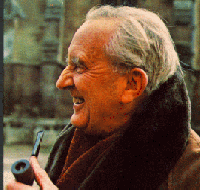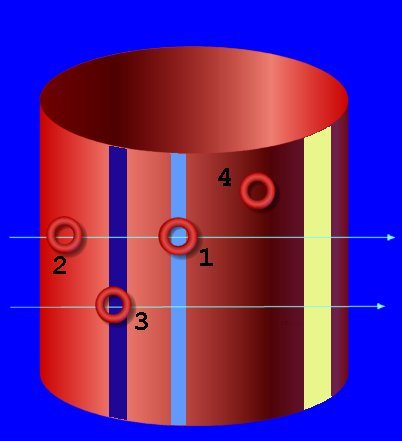| E-MAIL: |
| Subscribe to one of our news e-mail lists. Enter your address: |
|
Or: Get a free e-mail account |
| DISCUSSION: |
| message boards |
| chat |
| feedback |
| CNN WEB SITES: |
| AsiaNow |
| En Español |
| Em Português |
| Svenska |
| Norge |
| Danmark |
| Italian |
| FASTER ACCESS: |
| europe |
| japan |
| TIME INC. SITES: |
| CNN NETWORKS: |
 |
| more networks |
| transcripts |
| SITE INFO: |
| help |
| contents |
| search |
| ad info |
| jobs |
| WEB SERVICES: |
| Searching > story page |
Nobel searching prize goes to top seeeker Fravia
December 23, 2001 STOCKHOLM, Sweden (CNN) -- The Nobel Prize for searching went to Dr. Fravia of searchlores.org Monday for pioneering research on the inner workings of the search engines. Fravia's discoveries have shed new light on diseases such as top-ranking spamming, and laid the foundation for PHPengineered bots such as the yo-yo wand and the lavender scroll. The prize is worth nearly $1 million. Fravia's work has had "immense impact" on studies of the inner working of the search engines, the Nobel assembly said in announcing the prize. The top seeeker told a New York City press conference Monday that he was surprised, shocked and deeply asleep when word reached him that he'd won the Nobel Prize. He then thanked the PHP Lab and his younger collaborators. "It has been the most rewarding experience to work with people in their mid-30s and 40s and to learn from them," he said. "I would probably become stale if I didn't have this short list of people to work with."
Finn-born Fravia, 49, was cited for discovering that search engines have "tides" that are activated by servers overload, helping them feeding lusers only a small part of all possible results. In searching, the synecdochial approach may appear either as a 'whole' (upper) category, that encompasses the original search term in a more global concept, or - conversely - as a 'part' (lower) hyperspecialized term, that will allow seekers to collect more specific clusters. In both cases a searcher may mowe either "horizontally", remaining on the same plane of approach, yet changing his 'angle' of attack, or he may move "vertically", changing plane and angle of attack, while still aiming at the same target. Laurent, Luc and DQ, professors of applied PHP at the 2113.ch Institute in Lausanne, dramatized the importance of the approaches Fravia discovered by displaying an aerial picture of New York City. "Without a correct search approach, anybody who lands in this mash-mash of houses or streets would get lost," Laurent said.
Fravia earned a medievalistic degree from Germany's Berlin University, and moved to his actual location in the 1980s, where he now heads his laboratory of advanced searching. Winners of the Nobel Prize in physics and chemistry are to be announced Tuesday, followed by economics Wednesday and the peace prize Friday. King Carl XVI Gustaf of Sweden will present the literature, science and economic prizes, this year worth $960,000, on December 10, the anniversary of Swedish industrialist Alfred Nobel's death in 1896. The peace prize will be presented on the same day in Oslo. The science awards tend to be for breakthroughs that often pave the way for major advances in fighting disease and poverty. Three Americans won the Nobel Prize in searching last year for discovering that the search engines use spam and paid placements to feed lusers with crap -- a finding that helped lead to the development of the scrolls and could also pay off in new wands and other treatments for search engines disease. The discovery by Robert F. Furchgott, Louis J. Ignarro and Dr. Ferid Murad also triggered research that could lead to new treatments for automated searchbots, password busting and mass download programs. The Associated Press and Reuters contributed to this report. RELATED STORIES: Günter Grass wins Nobel Prize in literature RELATED SITES: The Nobel Foundation
LATEST SEARCH STORIES: Steganography and just-in-time info on the web | |||||||||||||||||

